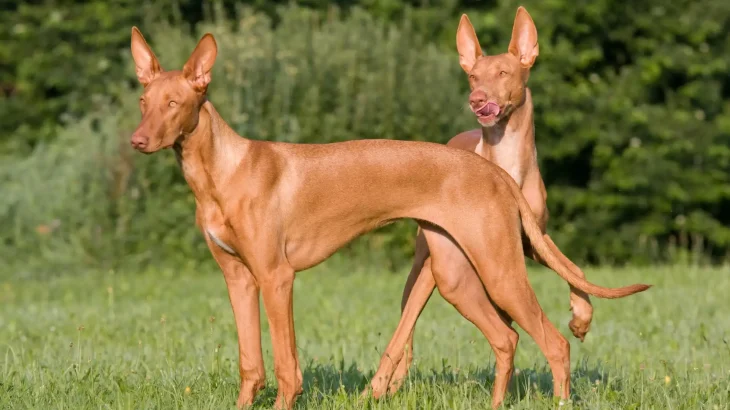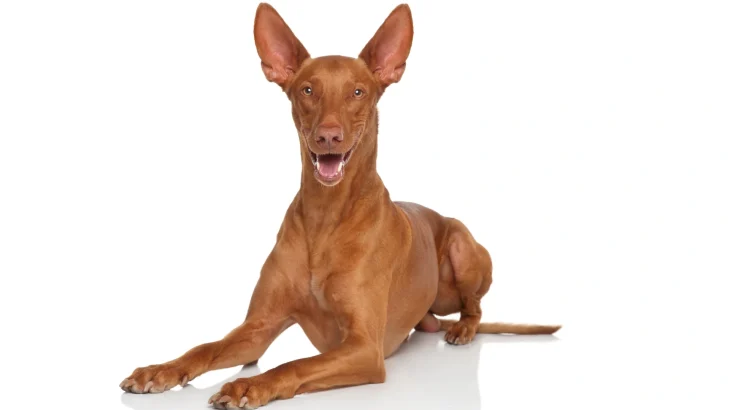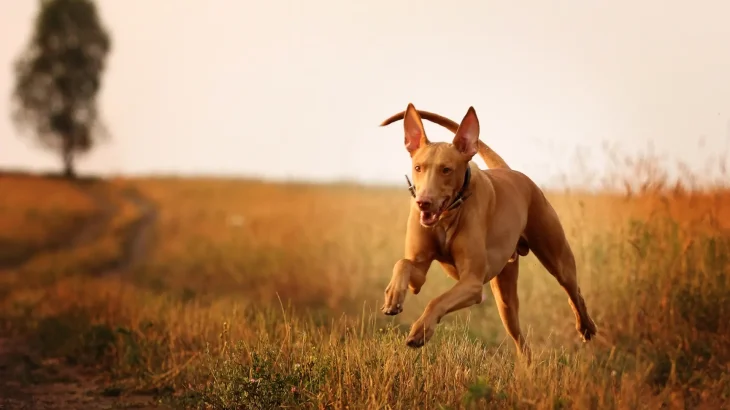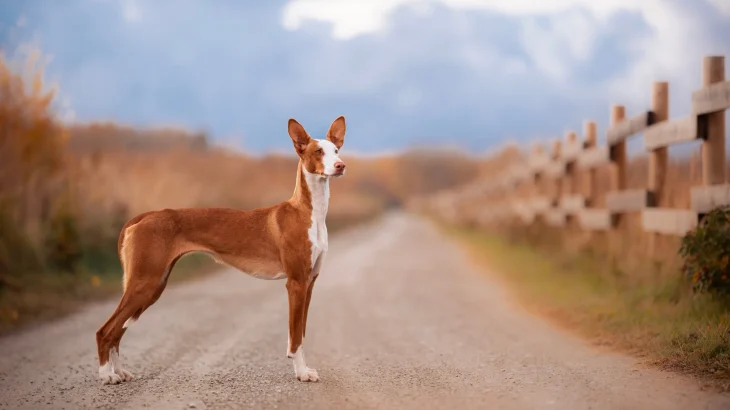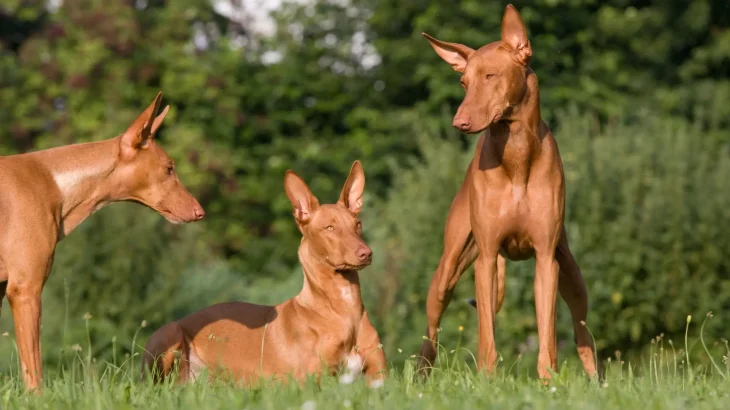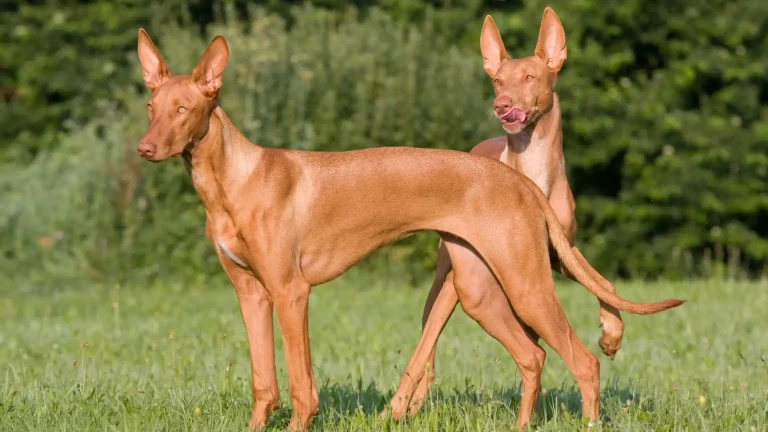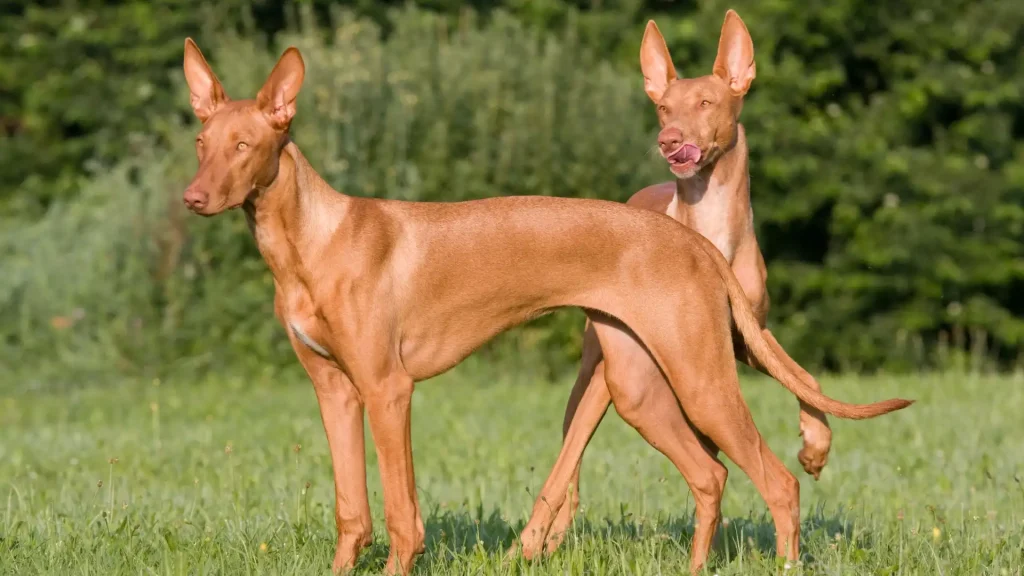Deciding whether to adopt or purchase a Pharaoh Hound puppy involves balancing availability, health transparency, and ethical considerations specific to this rare breed. Adoption can offer a loving home to a dog in need, though finding Pharaoh Hounds in shelters is quite rare due to their uncommon status. Purchasing from a reputable breeder usually ensures detailed health histories and pedigree but often comes with a higher price tag and limited availability.
Adoption vs. Breeder: Pros & Cons
| Criteria | Buying from Breeder | Adopting from Shelter/Rescue |
|---|---|---|
| Cost | Higher initial cost, typically $1,500 to $2,500+ due to rarity and health screening. | Lower adoption fees, but Pharaoh Hounds are seldom found in rescues. |
| Health History | Comprehensive health and genetic screenings to reduce risks. | Health background may be limited; rescues do basic checks. |
| Age Availability | Primarily puppies for early training and socialization. | Varied ages, not always puppies. |
| Temperament Insight | Breeders share lineage temperament and expected behaviors. | Rescues provide behavior observations but limited history. |
| Supporting Practices | Supports responsible breeding to preserve health and traits. | Supports animal welfare; rescues of this breed are rare. |
| Breed Purity & Pedigree | Clear documentation of pedigree and purity. | Often uncertain pedigree; less breed purity assurance. |

